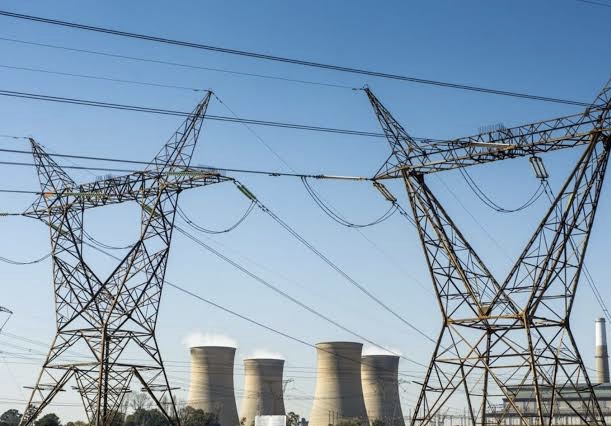Eskom Group Chief Executive Dan Marokane provided an update on his first 100 days in office and outlined the utility’s future strategy. His priorities include unbundling Eskom, improving stakeholder relations, and reviewing the generation recovery plan to create a competitive and sustainable utility.
Marokane emphasized the importance of the unbundling process to stabilize Eskom. However, he acknowledged that unbundling is taking longer than expected. Eskom plans to operationalize the National Transmission Company of South Africa (NTCSA) by July 1, 2024. “Unbundling is crucial for efficiency, but we need to move faster,” Marokane said.
Cost efficiencies have not been realized as anticipated, requiring augmentation of Eskom’s capabilities. Cost-reflective tariffs for unbundled entities will also be clarified.
Marokane noted significant progress in reducing unplanned outages, achieving 79 days without loadshedding. “We have averaged 12,000MW of unplanned losses, below the 14,000MW threshold,” he said. This has allowed Eskom to decrease its use of diesel through open-cycle gas turbines, saving more than R4 billion.
Despite these improvements, Marokane warned that loadshedding remains a risk. “We are not yet at a point where we can say loadshedding is behind us,” he admitted.
Eskom is implementing several strategies to improve its operations and financial health. These include addressing corruption, creating leadership stability, and finding solutions to unsustainable municipal debt. Despite R74.3 billion in debt, only 4% of municipalities comply with the debt relief program.
Eskom is also tackling electricity theft by legally connecting illegal users and installing smart meters. “We are rebuilding trust in Eskom through transparent performance,” Marokane said.
Eskom’s future plans include increasing the Energy Availability Factor (EAF) to 70% within 12 to 36 months. The utility aims to return over 2.5GW of capacity to the grid by March 2025 and develop at least 2GW of clean energy projects by 2026.
Other initiatives include re-baselining cost trajectories, improving efficiencies, and delivering the unbundling of the Distribution and Generation divisions. Eskom will also accelerate initiatives to enable a Just Energy Transition.
“We are putting building blocks in place to re-affirm Eskom as a critical player in South Africa’s evolving energy market,” Marokane concluded.
Eskom’s strategy focuses on long-term sustainability and addressing immediate operational challenges. As the utility navigates its path forward, it aims to maintain progress and ensure a stable electricity supply for South Africa.
Source: ESI Africa



